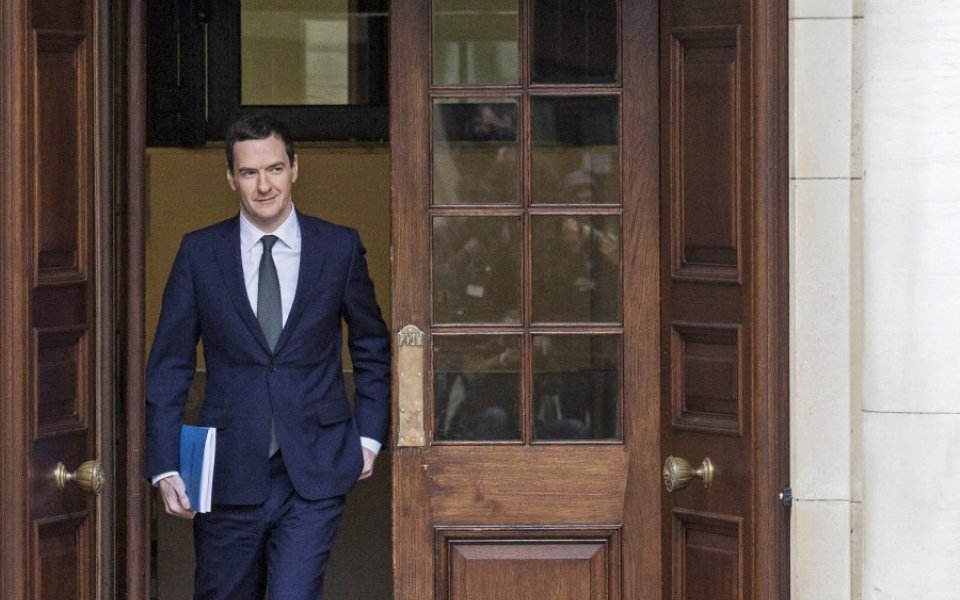Osborne’s budget target leaves “limited fiscal flexibility”, says Fitch

If economic growth or revenues underperform, the government will have "limited fiscal space" to manoeuvre and respond to the economic shocks, rating agency Fitch has warned.
The government's Autumn Statement is consistent with its overall fiscal strategy and "with the revised fiscal mandate, but also shows limited fiscal space if growth or revenues underperform", Fitch said in its analysis of the Autumn Statement.
This is because bringing down the debt is being driven by underlying growth and revenue trends, "which could reverse — for example, if growth slows or revenue forecasts are revised back down", Fitch sovereign analyst Gergely Kiss said in a statement.
Read more: Tax credits – For once, a good government u-turn
"Using better-than-expected revenue forecasts to scale back previously announced expenditure cuts suggests that this may pose downside risks to fiscal targets," Kiss added.
"The measures announced in the autumn statement don't affect the OBR's forecast of a £10bn public sector net borrowing surplus in 2019-2020, unchanged since July. Nevertheless Fitch maintains its view that the nominal deficit target implies limited fiscal flexibility to respond to modest adverse economic shocks."
Read more: Osborne's housing measures risk making the situation worse
The news comes the day after director of the Institute for Fiscal Studies Paul Johnson said Osborne's goal of reaching a £10.1bn surplus by 2019-20 is "completely inflexible". Johnson added: "This is not like the friendly, flexible fiscal target of the last parliament which allowed him to accept a bigger deficit when growth and tax revenues disappointed. This is fixed, four years out."
Fitch also held the UK's sovereign debt at AA+/Stable, one notch below triple-A.